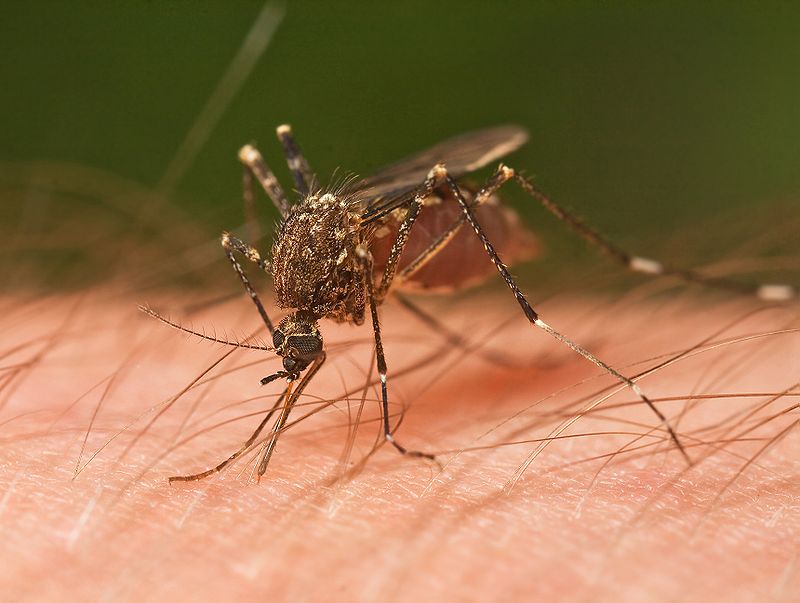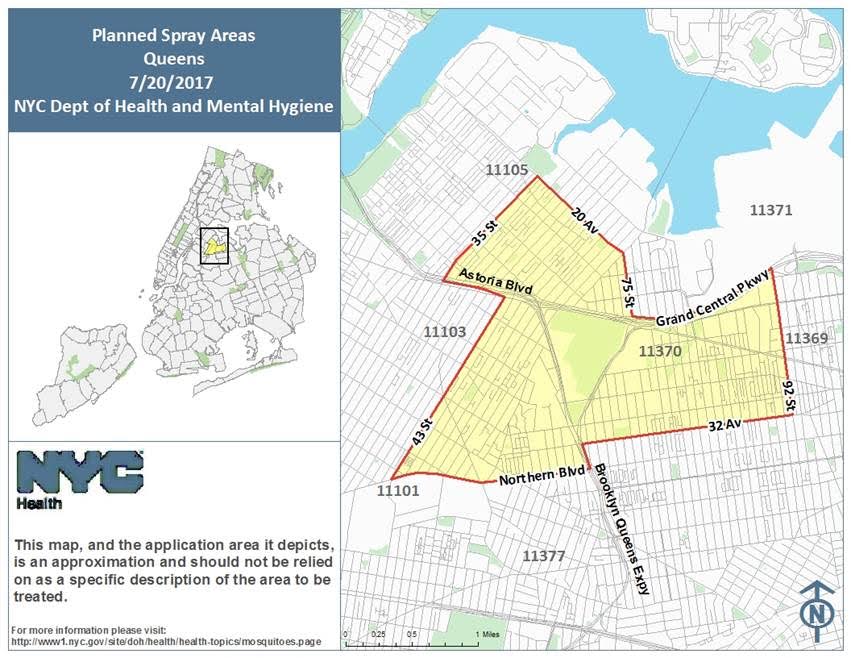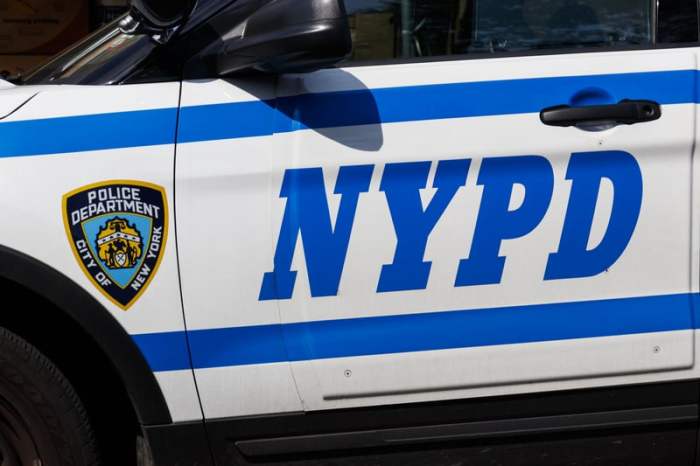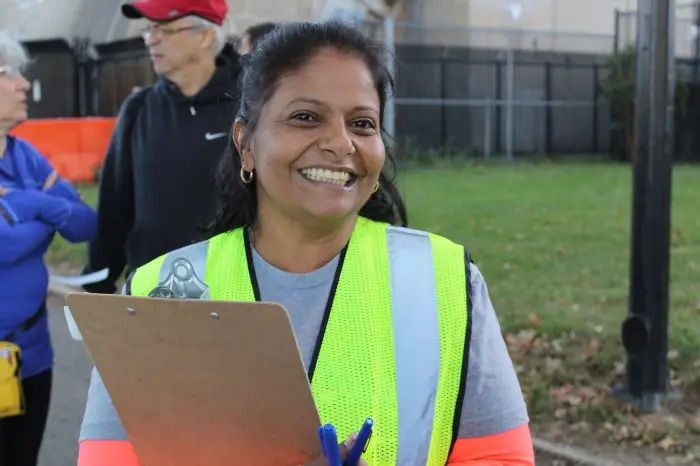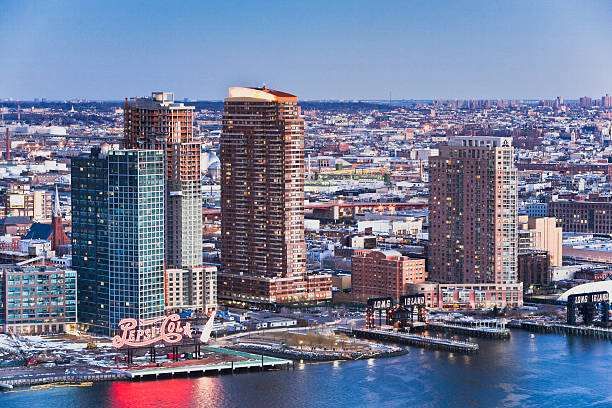UPDATED July 26, 12:15 p.m.
Rain forced the cancellation of pesticide spraying around western Queens neighborhoods last Thursday, July 20, and the alternative date, July 24, but the city’s Health Department is ready to try again tomorrow.
Trucks will begin spraying at 10 p.m. on July 27 and continuing until 6 a.m. the following morning in an area generally bounded on the north by 20th Avenue, 75th Street and the Grand Central Parkway; on the south by 32nd Avenue, the Brooklyn Queens Expressway and Northern Boulevard; on the east by 92nd Street; and on the west by 43rd Street, Astoria Boulevard and 35th Street.
The spray zone includes parts of Astoria, Ditmars, East Elmhurst, Jackson Heights, Steinway, Sunnyside Gardens and Woodside.
The spraying is being done to kill mosquitoes that may carry the West Nile virus, which was first detected in New York City in 1999. It has been detected in mosquito samples taken recently from Queens, Manhattan and Staten Island, according to the Health Department. No human cases of West Nile virus have been reported thus far in 2017, but in past years, the virus has proven fatal to the elderly and those with weakened immune systems.
Spray trucks will be using what the Health Department describes as a “very low concentration” of Duet, which poses no danger to humans when properly used. Nevertheless, the agency encourages residents to stay indoors during spraying, as exposure to the pesticide may affect those with asthma or other respiratory conditions.
Residents may leave their air conditioners on, but the Health Department advises that the vents be kept closed to reduce the possibility of any indoor exposure to the pesticide.
Anything left outside during spray hours — such as children’s toys or outdoor equipment — should be thoroughly washed with soap and water before reuse. If you are outside and exposed to the pesticide, wash your skin and clothing with soap and water as well.
Click here or call 311 for more information.

